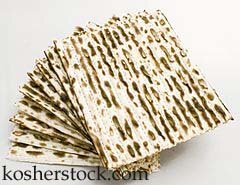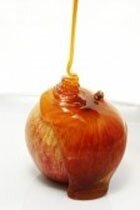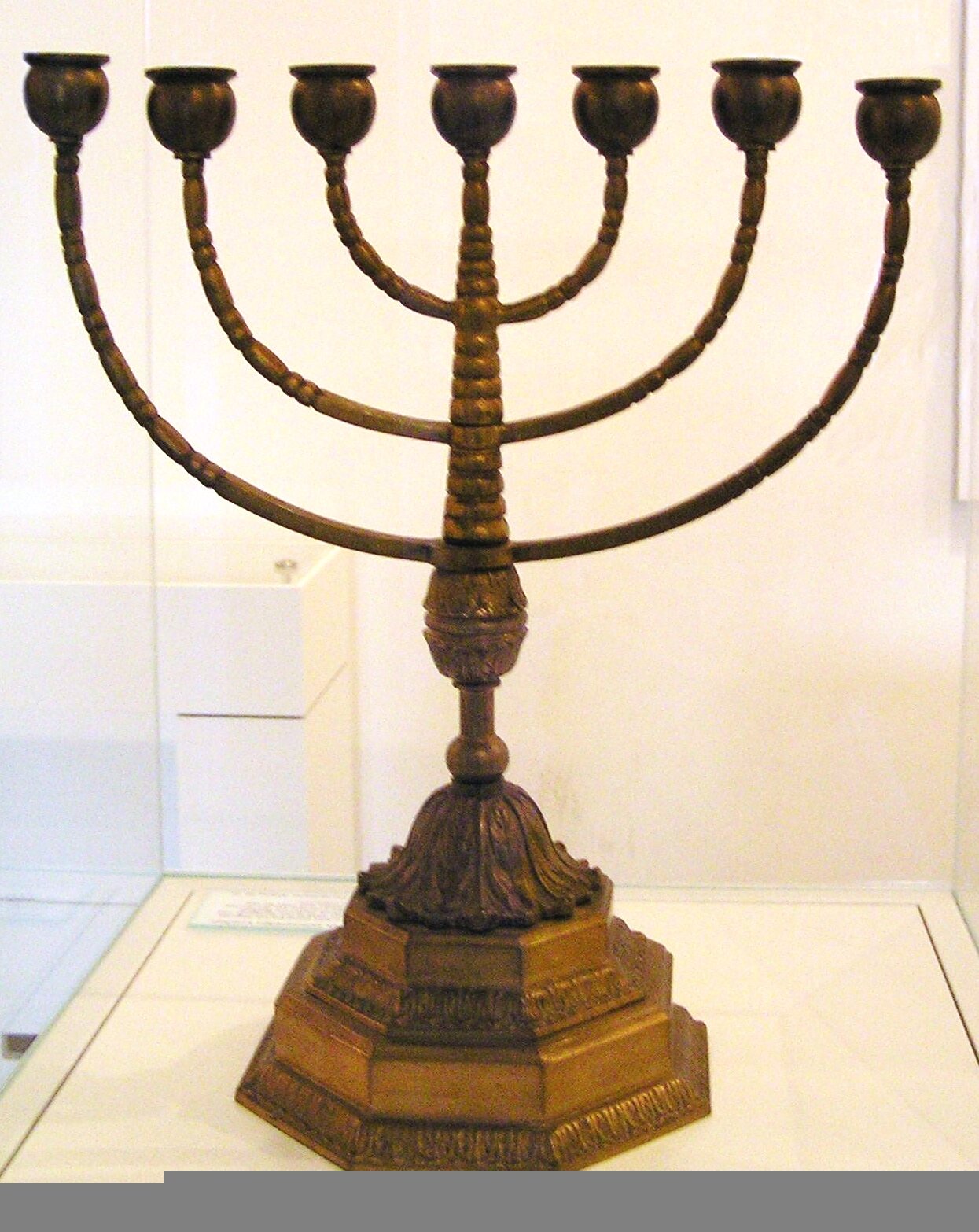Passover
Passover, the Spring holiday that marks a time of rebirth, according to tradition, commemorates the Jewish people's escape from slavery in Egypt in ancient days. But modern scholarship has called into question practically all aspects of the legend we have so loyally commemorated each year. If we can no longer accept the Exodus narrative as historical, why do we still tell the story?
Passover appears to be the first in recorded history to celebrate the idea that slaves could become free people. It is the foundational national story of the Jewish people.
Passover remains compelling because it links us to our families and connects us to the generations that have come before us. It recalls for us the history and journey of our people—not just from long ago, but continuing to our own day. It renews our Jewish identity. And it recommits us to a belief that, with our help, enslaved and oppressed peoples everywhere can aspire to and achieve freedom.
Fall Holidays
Rosh Hashanah and Yom Kippur differ from other Jewish festivals in that the mood is not one of celebration but of serious reflection. For secular Jews, Rosh Hashanah and Yom Kippur are personal—they are a time for self-reflection and introspection. The High Holidays are a time to consider the possibilities for change, for improvement, for happiness that we can create ourselves. (And after our introspection, we share Apples and Honey, pictured, to symbolize a sweet new year.)
Historically, before the Babylonian exile in the 6th century BCE, the High Holidays were probably not distinct from the autumn festival of Sukkot, which comes shortly after Yom Kippur. Rosh Hashanah, then, may have been initially created to appease a rain god at a season of judgment for agriculture and group survival. As Judaism developed in the rabbinic period, the agricultural connection diminished, and the High Holidays assumed a more religious significance—when the Hebrew God Yahweh undertakes an annual judgment of humanity. Sukkot, the Fall harvest festival, today is often celebrated as an environmental holiday. The sukkah recalls the temporary hut that the farmer would dwell in during the harvest period. Later it was explained that these booths commemorate the dwellings of the ancient Israelites during their legendary forty-year journey from Egypt.
Chanukah
Chanukah is the eight-day winter holiday that celebrates the victory of Judah Maccabee and his followers over King Antiochus Epiphanes, who tried to impose Greek culture and religion upon his Syrian empire, which included Judea.
Chanukah, in Hebrew, means "dedication" and refers to the rededication of the ancient Temple by the Maccabees following their recapture of Jerusalem in 161 BCE. Significantly, while the Maccabees recaptured the Temple in the Fall, perhaps around October, they waited until the existing Winter Solstice Festival of Nayrot, or Lights, to celebrate their victory. In so doing, the earlier pagan Solstice celebration became absorbed by Chanukah. Hundreds of years later, this human-achieved victory was further embellished by the Talmudic legend that spoke of the single flask of oil that miraculously burned for eight days. This later story was devised to downplay the responsibility that people take for their own lives and to shift attention to the supernatural intervention of Yahweh.
But not all Jews joined the Maccabees in resisting Hellenism. In fact, many were drawn to Greek culture and adopted Greek ideas concerning beauty, art, music, drama and philosophy. These ancestors laid the groundwork for the pluralism, multiculturalism and humanism that secular and cultural Jews embrace today.
Chanukah celebrates the victory of human achievement and freedom from oppression. The holiday gives us the liberty and the responsibility to tell the real story of Chanukah, and to differentiate between history and legend.
Purim
Purim is a holiday of revelry and Carnival-spirit in early spring that celebrates Jewish deliverance from the threat of antiJudaicism (the term "antisemitism" did not yet exist) and annihilation, as described in the biblical Book of Esther.
Historically, we can find no record of a Queen Esther, a Queen Vashti, or the mass killing of the Jews' enemies. Furthermore, the names Mordecai and Esther are similar to the twin gods of Babylon, Marduk and Ishtar. Scholars propose that underlying the Esther story lurks an original Babylonian festival that celebrated the annual struggle in spring to end the harsh reign of Winter. Ishtar, the goddess of fertility, and Marduk, the chief guardian of the heavens, triumph over Haman, the underworld god of death. In the end, spring returns and life is renewed.
Most importantly, Although Esther and Mordecai were introduced to the earlier festival, Yahweh, the Hebrew God, was not included. The Book of Esther is truly a secular work—in fact, the book was so secular that it was not included at first in the Hebrew canon.
